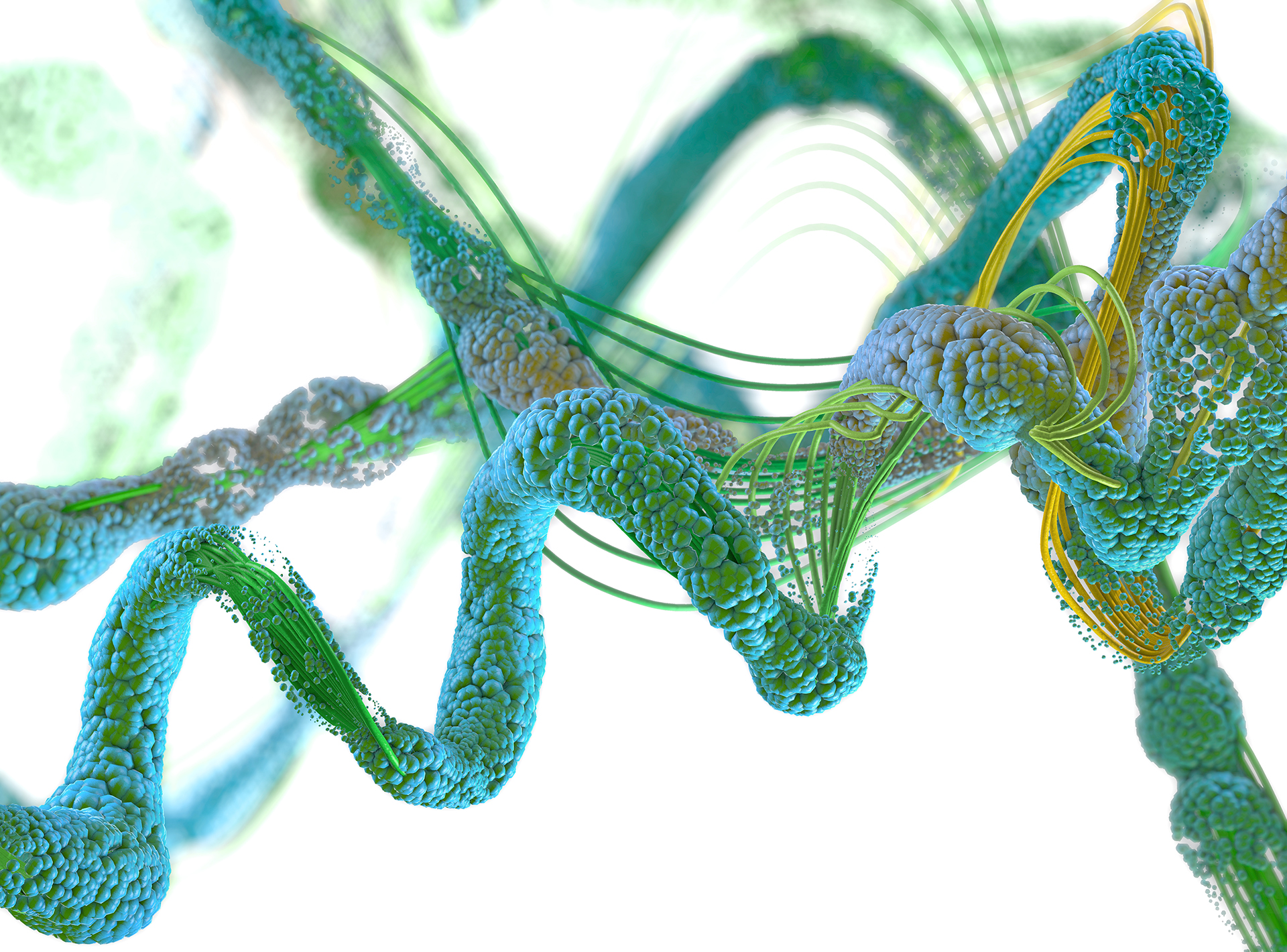 An Australian-led study has found that removing a single, essential, dietary amino acid could provide natural tolerance to toxic chemicals such as nicotine.
An Australian-led study has found that removing a single, essential, dietary amino acid could provide natural tolerance to toxic chemicals such as nicotine.
The researchers said that removing the amino acid could also potentially provide protection against physical traumas such as surgery or chemotherapy and the study, published 14 December 2022 in Open Biology, has wide ranging implications for improving health outcomes.
The research team, from Monash University’s School of Biological Sciences, examined the relationship between dietary amino acids and stress tolerance using the common fruit fly, Drosophila melanogaster, and found that by restricting a single essential amino acid, the adult flies were protected against a lethal dose of nicotine.
During the study, flies that were fed a diet that was missing isoleucine showed resistance to high doses of nicotine (between 0.33mg/mL –1mg/mL) compared to the control group, and while removing isoleucine from the diet long-term reduced the flies’ lifespan, removing it briefly had no impact.
Lead author Ms Tahlia Fulton, a PhD candidate at the School of Biological Sciences, explained that nutrition was a powerful regulator of health and manipulating the quantity and quality of diet could affect fitness traits such as longevity, reproduction, and stress resistance.
“Transient dietary restriction, which is defined as reduced nutrient intake without malnutrition, increases stress resistance, improves metabolic health, and extends lifespan across a broad range of organisms,” she said.
“Furthermore, restricting dietary protein alone is sufficient to mimic the benefits of restricting food intake, and these effects can also be mimicked by restricting or removing single dietary amino acids.”
For example, methionine restriction enhances tolerance to chemical and thermal stress in yeast, mice and human cells, and transient deprivation of tryptophan has also conferred protection against a model of surgical stress in mice.
These dietary effects have attracted interest for their potential to enhance lifelong human health and current data has indicated a significant role for amino acid-sensing pathways in their mediation, though little is known about the downstream steps that are required to confer protection or the breadth of stress resistance they afford.
“Since xenobiotic toxins are ingested as part of regular food consumption, it was reasonable to anticipate that there was a link between nutrition and the need to detoxify these compounds,” Ms Fulton explained.
“We therefore hypothesized that food composition, in particular amino acid restriction, could be an effective tool to modify resistance to chemical stressors and that this may be mediated by evolutionarily conserved nutrient sensors.”
And significantly, the team found that transient deprivation of almost any essential amino acid increased nicotine resistance in Drosophila.
“We found that diet significantly affected survival under nicotine stress, and interestingly, eight of the 10 essential amino acid dropout diets conferred protection against nicotine treatment when compared to the complete diet control,” Ms Fulton said.
“However, the magnitude of this dietary protection depended on the duration of exposure to the amino acid-depleted diet, the identity of the amino acid being manipulated, and to what extent the amino acid was being restricted.
“These data highlight a new role for dietary amino acids in modifying the stress tolerance of Drosophila and reveals new insights into how this protection is affected.”
She explained that the protection was mediated by interactions between two known sensors of amino acids, GCN2 (General Control Non-derepressible 2) and mTORC1 (mechanistic Target of Rapamycin Complex 1).
“The presence or absence of dietary amino acids is detected and signalled by the complementary effects of the intracellular kinases, GCN2 and mTORC1, which are highly conserved and well characterized for their role in growth, metabolism and lifespan,” Ms Fulton said.
“In the presence of amino acids GCN2 is inactive, but mTORC1 is activated and signals to a cascade of downstream effectors that promote protein translation and growth. By contrast, when amino acids are absent, GCN2 is activated and mTORC1 is suppressed, resulting in reduced global translation and the promotion of autophagy.”
As amino acids are recycled via autophagy, their presence had the potential to reactivate mTORC1 despite the ongoing nutrient shortage, and to ensure that mTORC1 remained inactive during nutrient scarcity, GCN2 also sustained mTORC1 suppression during prolonged amino acid deprivation.
“This study paves the way for a better understanding of the environmental factors that alter insect susceptibility to pesticides and could open opportunities for the use of diets to help patients recover from planned treatments with toxins such as chemotherapy,” the authors concluded.
“[Similarly], these findings may someday be the foundation of optimal pre-treatment diets for humans, pets, and livestock to eat before physical stress.”

